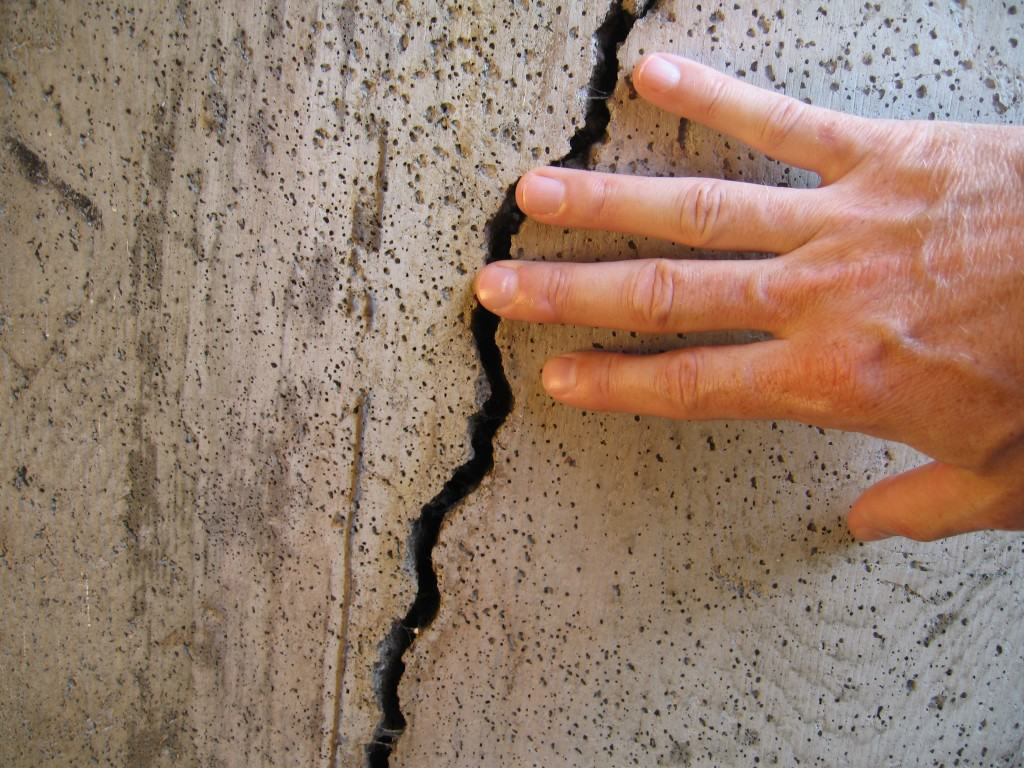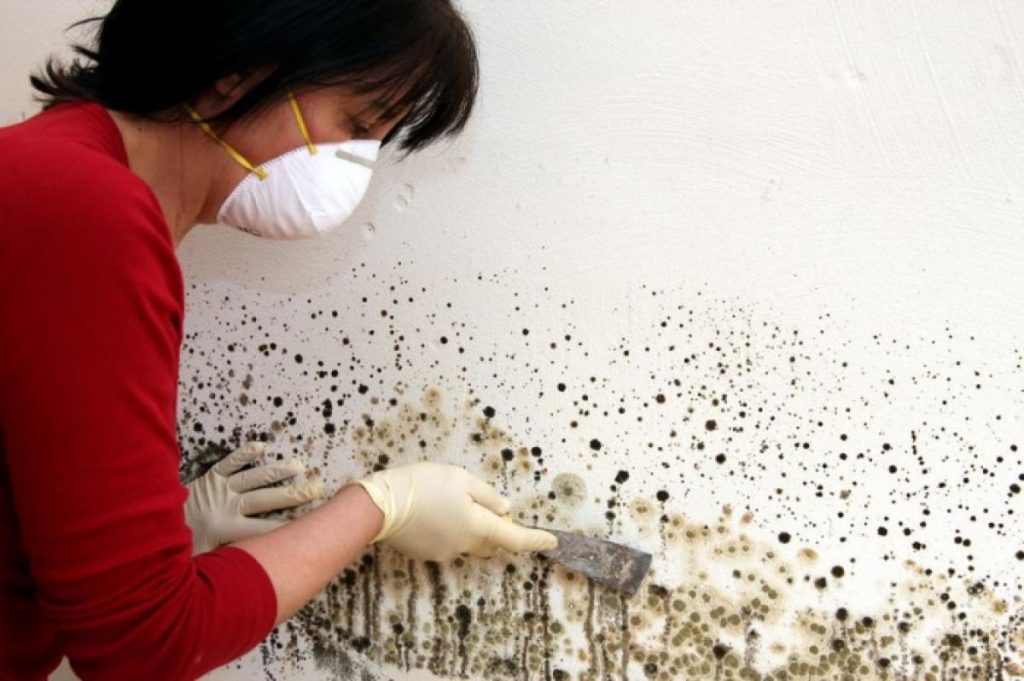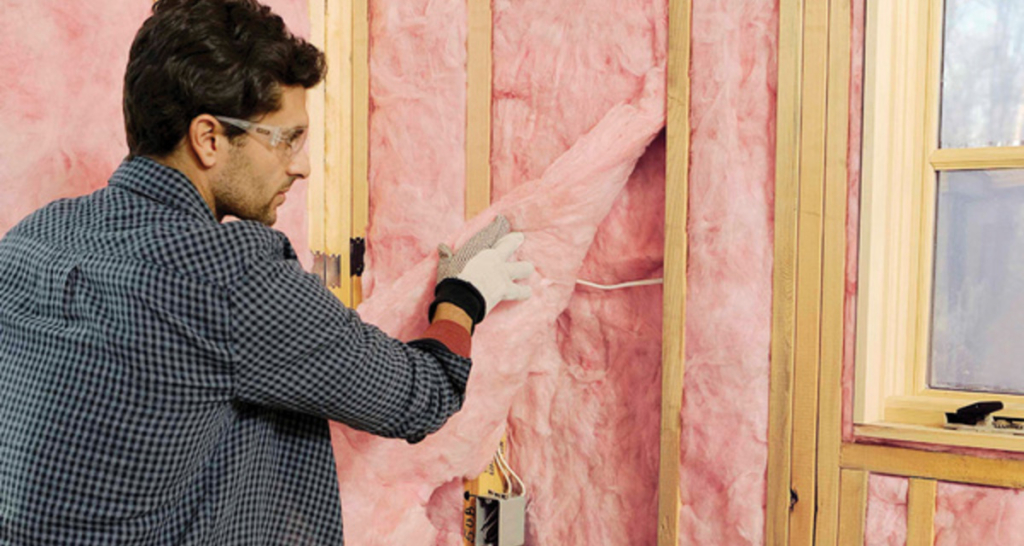So, you’re considering a basement renovation! You’re in for a real treat once it’s all complete and you get yourself all settled in. Turning an unfinished basement into a new living space is one of the best ways to increase property value, personal comfort, and even create a second income with a rental arrangement. Before you launch into a new basement renovation, make sure to avoid costly mistakes by making sure you know what you’re facing.
Let’s have a look at the 5 things you need to know before renovating your basement this year. Taking these factors into account can save you money, time, and even your health.
1. Basement Foundation Cracks – Flood Risk

The most costly of problems you will face is a flooded basement. When your basement floods, you essentially lose everything. All of your furniture, floor accessories, tables, chairs, walls, flooring, appliances, furnace, water heaters, etc., all have to go. They are potentially contaminated with pathogenic microorganisms, mold, and toxic waste.
Preventing basement flooding is a multi-stage process that first includes sealing off all cracks in your basement walls and foundation. Canadian winters can be brutally cold and can freeze the ground up to four feet deep! This means that the potential for concrete walls to shift and crack over the years is a risk you have to prepare for. The cost to renovate a basement needs to include repairing these cracks before any other building occurs.
2. Indoor Mold – The Silent Killer

Black mold (among other varieties) is one of the most toxic and deadly problems faced in old basements. Basements are naturally more moisture prone due to the fact they are underground. The natural mixing of the warmer air upstairs with the colder air in the basement creates micro condensation and humidity that can cause mold growth over time. A professional basement renovation with certified contractors can prevent this through various methods, including proper ventilation, sealing, and air flow through the area.
Nearly every basement has a mold issue if it was not properly accounted for during the building process. Before launching into a full-blown basement renovation, make sure to include mold removal in the budget. Also, if your area is prone to flooding, you may want to consider a proper waterproofing of your basement first. This adds an upfront cost to the renovation, but it makes sure you can enjoy a cozy, warm, mold-free, flood-free basement space for many years to come.
Not preparing for mold removal is one of the most costly mistakes you can make. Not properly preparing your basement before building walls,
3. Electrical – A Line You Don’t Want To Cross

Electrical lines are extremely dangerous if not correctly installed. A lot of basements have exposed wires, electrical outlets, and breaker boxes that can lead to potentially fatal accidents. The good news is that between 2001 – 2015 there has been a 35% decrease in non-occupational electrical accidents in Ontario alone. This is largely due to better education, improved technology, and improved safety regulations.
Making sure you and your family are safe from potentially hazardous electrical issues, make sure your contractor does a full electrical audit on your home. You will not benefit from a basement renovation that poses a threat to your safety. Your contractor can ensure that you are not only safe but that your home is up to the latest standards for efficiency as well – saving you money in the long run!
4. Insulation – A Warm Home, A Warm Heart

Once your concrete foundation and walls are prepared, your electrical is all sorted out, and mold problems have been addressed, insulating your basement is the next step. The benefits of an insulated basement are three-fold:
- Warmer winters
- Cooler summers
- Utility cost savings
When your basement is properly insulated, your basement can retain more heat during the cold winter months. The basement will already be naturally slightly cooler than the rest of the house. There is no need to suffer cold feet because the insulation was left out or improperly installed. In the summer, a well-insulated basement helps to keep the space cooler.
You can save nearly $500 per year on utility costs alone when your basement is properly insulated. Your contractor will make sure you get the best insulation for the job. There are various types of insulation that can be used. Some manufacturers basic materials and are great for simply keeping the place warm/cool. Others can offer extra fire protection, and even soundproofing if you want to isolate an area from too much noise. Sound insulation works well if you are considering a rental arrangement or a home theater room.
5. Air Circulation – Let It Flow!

Airflow is one of the most important parts of a professional basement renovation. When you have a basement kitchen, bathroom, or laundry area, these spaces all require their own ventilation. Any room that generates its own humidity is always cause for added airflow and ventilation. This helps to prevent mold, condensation, and long-term water damage.
Installing ceiling fans, hood vents, fan-driven dryer vents, heating ducts, or even passive convection systems can all encourage adequate air flow in an otherwise stagnant stuffy area. There is nothing worse than an old musty smelling basement – especially if your basement is newly renovated! Make sure to prevent bad indoor air quality, mildew, and mold growth with proper air circulation, ventilation, and exchange.
Final Thoughts
With these five tips, you can be sure to avoid the most prevalent and costly mistakes homeowners make before going through a basement renovation. The cost to renovate a basement may be a bit higher up-front when you consider all of the factors required, but it pays off in the long run. Talk to your contractor today about having a professional basement consultation. They can help to make sure you only have to do the job once so you can enjoy your investment for years to come!
Or call me
+1 647.526.6199











